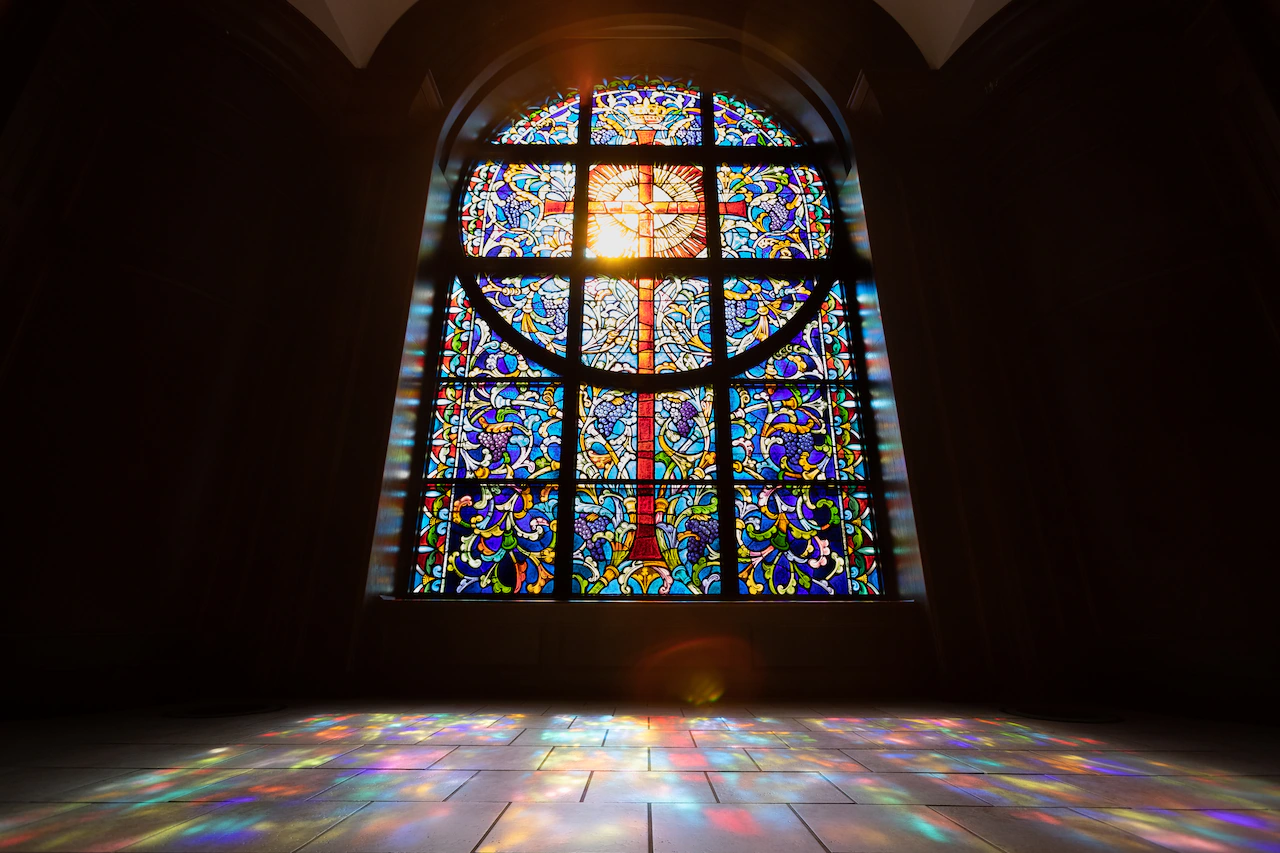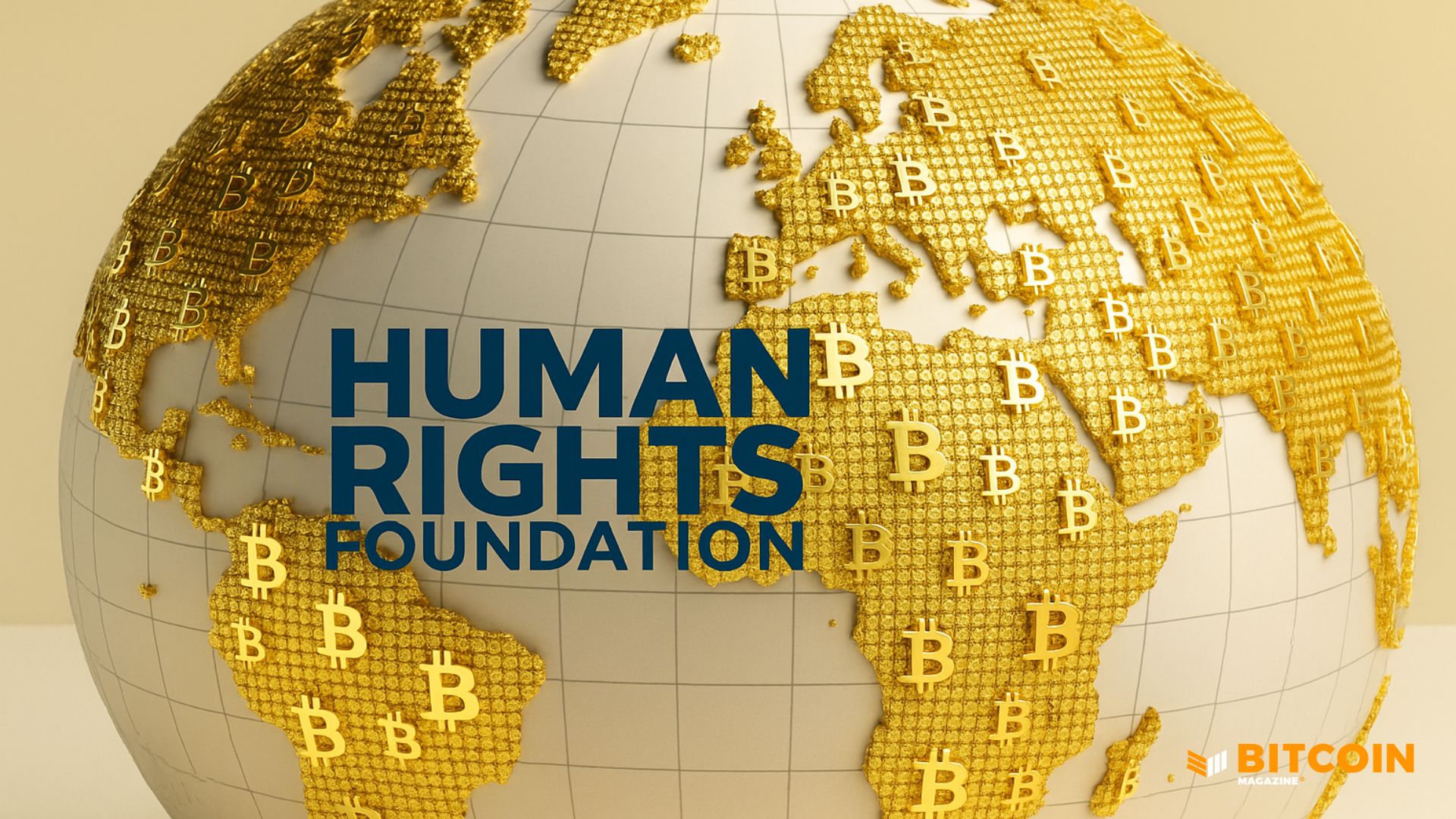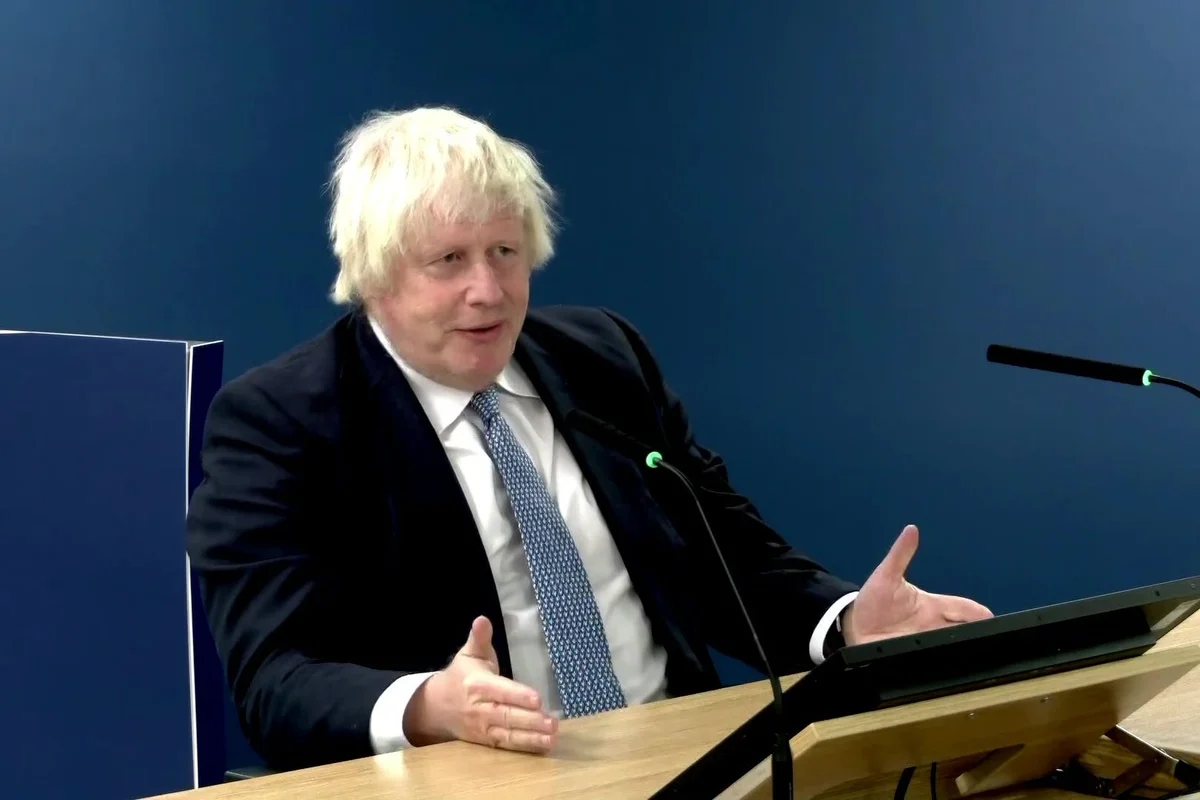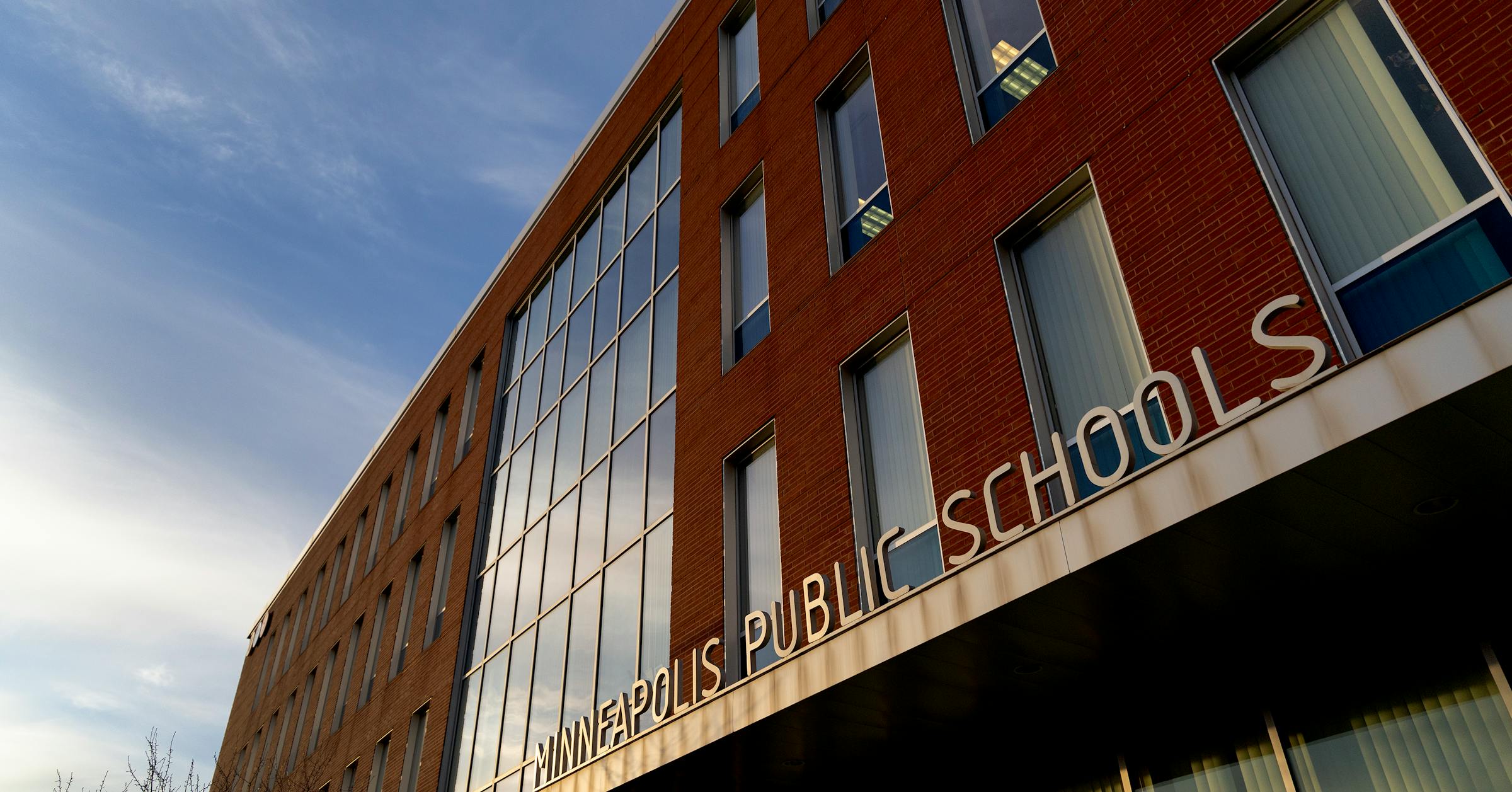Copyright cleveland.com

CLEVELAND -- At a time when divisive political rhetoric seems to be at a fever-pitch, religious leaders face a critical question: How can faith communities bring people together when the nation seems more fractured than ever? Political battles in Washington brought the federal government to a halt and threatened millions of Americans’ food security. Political figures such as Democratic Minnesota state Rep. Melissa Hortman and far-right conservative activist Charlie Kirk were murdered. Faith leaders have historically played a role in helping their constituents make sense of periods of societal turmoil by offering guidance and promoting civil discourse. This moment is no different. While church attendance has declined over the years, a recent Gallup poll found that about 30% of Americans still regularly attend religious services these days. Greater Cleveland Congregations recently held listening sessions to better understand the anxieties of their congregants. Among the issues most cited across 17 congregations were civil discourse, as well as housing, education, healthcare and food insecurity. The task of religious leaders is to strike a delicate balance between some congregants’ need for a “haven from a world on fire,” and others who want their place of worship to be “the site of fostering a rebellion against that world,” said Rabbi Robert Nosanchuk of Congregation Mishkan Or, a Reform Jewish Synagogue in Beachwood. “In a synagogue, we have a long history, and in Judaism, we have an incredibly rich set of commandments, that instruct us to be both,” he said. That means comforting people when they need it but also encouraging people to be informed and express their views, he said. To that end, CAIR-Ohio, a Muslim civil liberties and advocacy organization, holds forums to promote civic participation and transparency by connecting underrepresented voices with those who lead them. The common good Theologians from several belief systems emphasized their traditions call on us to see the inherent value of every person. Father James T. Bretzke, S.J., author and professor of theology at John Carroll University, said that a cornerstone of Catholic social teaching is working for the “common good.” American culture’s strong emphasis on individualism and personal autonomy can be at odds with that concept, he said. “When you say, like Frank Sinatra, ‘I did it my way,’ well, you know, some commentators would say that’s the theme song of hell,” he said. “All the Christians, in their liturgical prayer, pray that Our Father, and that is not that my kingdom come, but that thy kingdom come. And that means when there’s a conflict between the values of the kingdom and our own personal values, our personal take on it’s going to have to recede.” The Torah has 36 separate instances instructing the faithful to treat the “stranger” in their midst with a sense of love and equity, Nosanchuk said. “It’s that level of redundancy that tells us that we’re not only to not oppress the stranger, but we’re supposed to treat them with a sense of equity,” he said. Present day challenges As they preach for unity, religious leaders also said that the rise in religious nationalism -- the belief that religion should be the foundation for national identity -- has added a new set of challenges, given that the belief system does not hold room for pluralism. “The role of a faith community is as it’s always been, to indeed try to bring people together, not out of a common political point of view, but out of a higher one to bring people together, out of a common regard for their Creator,” said Dr. Kenneth Chalker, a retired senior Methodist pastor from University Circle United Methodist Church. “That is very difficult in these troubled times when so many of the nationalist religious groups in our country are claiming that their perception of God is better than anyone else’s,” Chalker said. In the United States, Christian nationalism in particular has thrived under Trump’s rise in political power – with some of the president’s party believing that America is a Christian nation and that there is no separation between church and state. “It’s an odd combination, frankly, “Christian” “nationalism,” but if we have a nationalism that is Christian, then that means we’re going to have to move towards forgiveness, reconciliation, care for the poor, care for the vulnerable,” Bretzke said. That means showing more empathy to our neighbors. “A lot of people who claim to be devout Christians are turning a blind eye to people who are suffering from homelessness, suffering from poverty, suffering from hunger, and are saying, quite the opposite, that they deserve it,” said Dr. Deepak Sarma, professor of Indian religions and philosophy and the Inaugural Distinguished Scholar in the Public Humanities at Case Western Reserve University. Where do we go from here? After decades of serving in various roles, Nosanchuk plans to retire from the congregational rabbinate in a few months. When he was preparing for his “final lap,” Nosanchuk said that he wanted to be very intentional with the message he left his people. Inspired by the book of the Deuteronomy, the last book of the Torah, one such message focused on making sure that those in power also led with empathy -- an extension of the concept the common good. “If you’re in a position of core leadership, you need to be sensitive and knowledgeable and understanding. I don’t care whether you’re a general or a head of counterintelligence, or the person who deals with housing,” he said.



